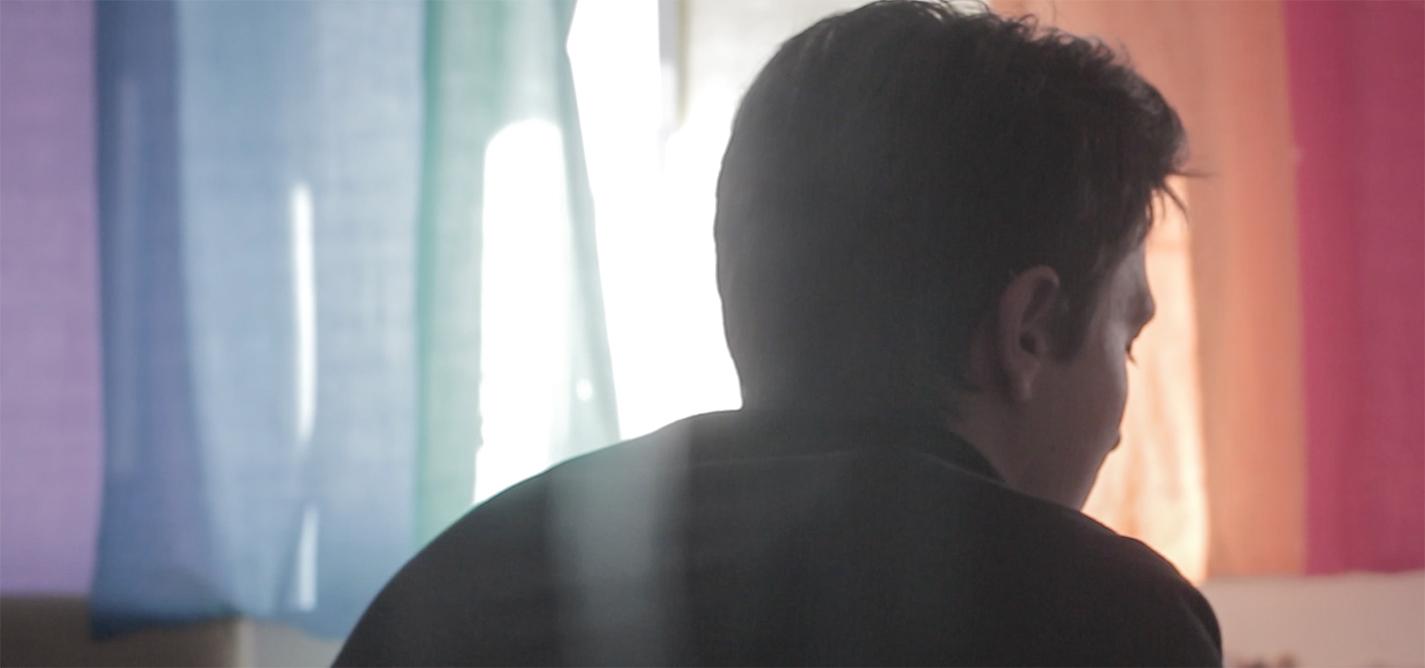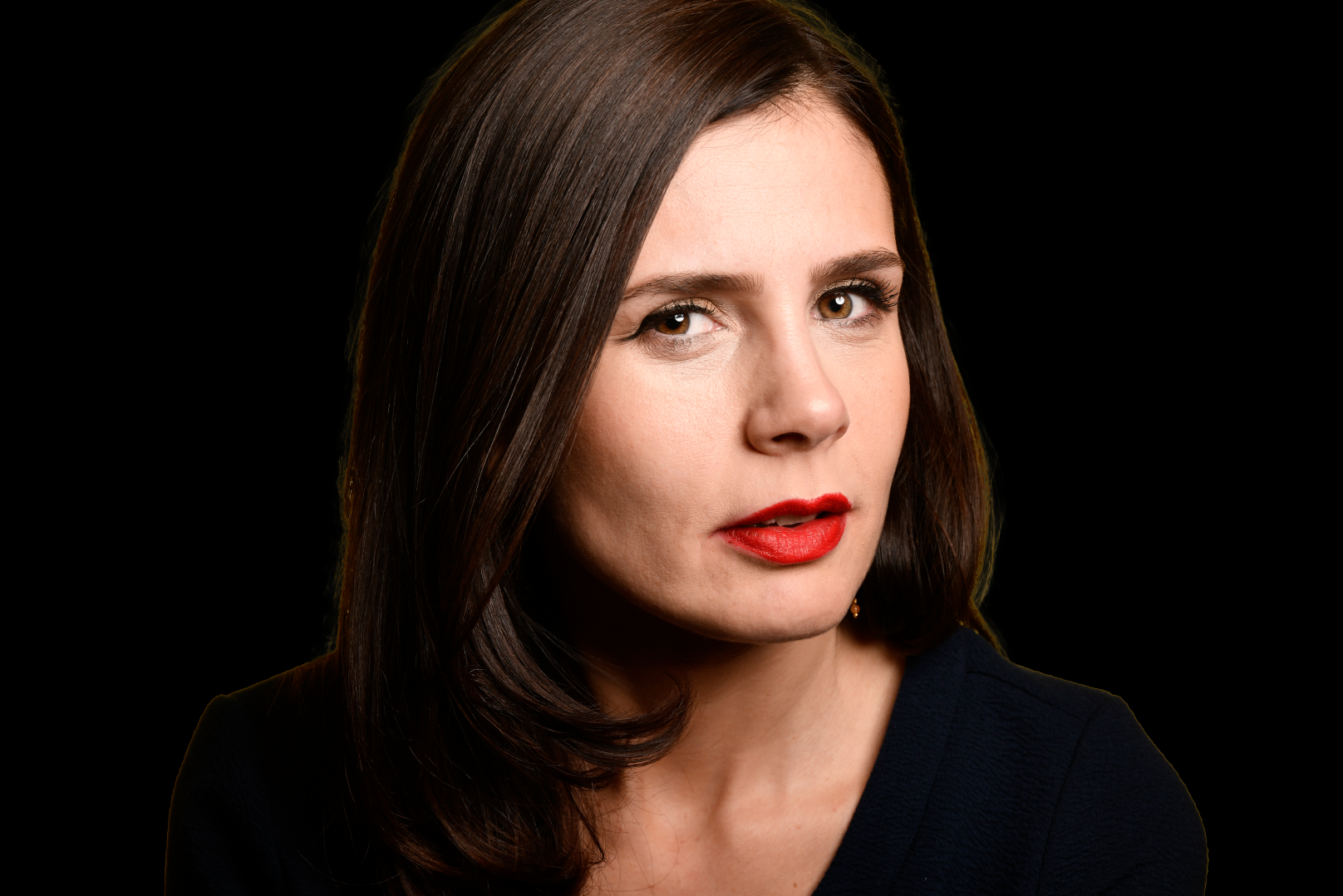
Stepping into your true body
A portrait of two transgender men in transition.
“Let’s say that two million people are looking at you as a girl, and it is only you looking at yourself as a boy — it is a constant emotional breakdown that happens to you every day.”
Blert Morina"Accepting yourself is the most important part — that is the base of every human being."

Dafina Halili
Dafina Halili is a senior journalist at K2.0, covering mainly human rights and social justice issues. Dafina has a master’s degree in diversity and the media from the University of Westminster in London, U.K..
This story was originally written in Albanian.